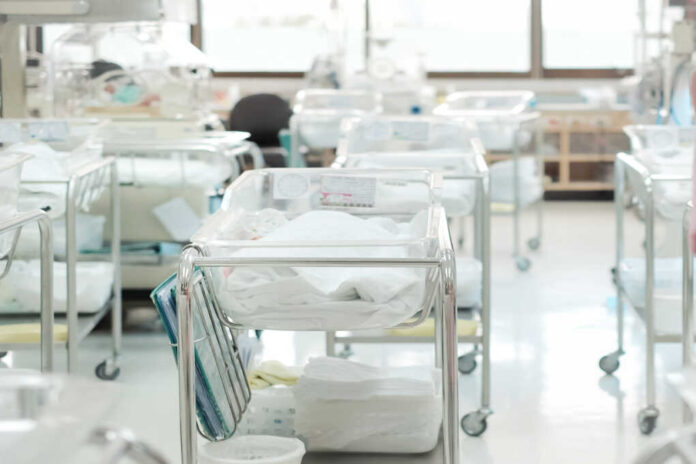
When hospital hygiene collapses, innocent newborns pay the price—sparking global outrage and raising serious questions about public health accountability.
Story Highlights
- Two newborns bitten by rats in the NICU of a major hospital in India’s “cleanest city,” exposing severe lapses in hygiene and safety.
- Surveillance footage captured rats moving among vulnerable infants, amplifying public anger and calls for reform.
- Hospital administration responded with immediate safety upgrades, transfers, and an official probe.
- Experts and officials warn of systemic failures and the urgent need for rigorous sanitation standards in high-risk medical environments.
Rat Infestation Exposes Gaps in Hospital Safety Protocols
In early September 2025, Maharaja Yashwantrao Chikitsalaya (MYH), a leading public hospital in Indore, India—a city celebrated for cleanliness—became the focal point of global scrutiny after surveillance footage revealed a rat infiltrating the neonatal intensive care unit (NICU). The footage showed the rodent moving from bed to bed and through equipment, culminating in two medically vulnerable newborns suffering bites to their fingers, head, and shoulder. The incident shocked the public, igniting outrage and demands for accountability as the hospital administration scrambled to contain the fallout with immediate upgrades and an internal investigation.
Outrage after newborns bitten by rats at top hospital in ‘cleanest Indian city’ https://t.co/ozSthpNkQI
— M G (@movohra) September 2, 2025
Both infants, already battling congenital complications, were quickly transferred to a separate facility for specialized care. The hospital responded by installing iron nets on windows, restricting food in wards, and launching a formal probe to identify and address the root causes. These measures, though rapid, highlighted the underlying vulnerabilities in facility management and the urgent need for systemic reforms. Parents and families, devastated by the ordeal, called for greater transparency and safeguards to prevent future tragedies.
Infrastructure Challenges and Longstanding Pest Control Failures
MYH’s history as one of the largest public hospitals in Madhya Pradesh means it serves a high volume of patients, including abandoned and critically ill infants. The facility’s proximity to older buildings and seasonal monsoon rains have exacerbated persistent rat infestations over the years. Despite previous eradication programs, recurring pest problems remain, with shortages of glue traps in local markets hindering effective control efforts.
The NICU, by design, is a high-risk unit where infection control and sanitation are paramount. The incident has renewed scrutiny of hospital protocols and the adequacy of preventive measures in public health settings, especially those hailed as national models for cleanliness.
Administrative Response and Implications for Public Trust
Following the incidents, MYH’s superintendent led efforts to restore public confidence, forming a committee to investigate and pledging a revitalized pest eradication program. Local health authorities have increased oversight and may impose further sanctions or mandate reforms. The immediate disruption to NICU operations and the transfer of infants reflect the severity of the breach and the pressure facing hospital leadership to act decisively.
Short-term effects include direct health risks to the affected newborns and emotional trauma for their families. Long-term, the events may prompt region-wide reviews of hospital sanitation, inspire greater investment in infrastructure, and drive policy changes. Socially, the incident erodes confidence in public healthcare, while economically, it signals increased costs for pest control, upgrades, and potential legal liabilities. Politically, it puts local governments under the microscope, demanding rigorous enforcement of health standards.
Broader Impact and Urgent Need for Reform
Beyond the immediate tragedy, the MYH incident has sparked calls for nationwide reviews of hospital sanitation protocols and highlighted critical weaknesses in public health infrastructure. The story serves as a stark reminder that high standards must be maintained not just in name but in practice, especially where the most vulnerable are concerned. As facilities worldwide take heed, the hope is that administrative vigilance and community accountability will prevent future lapses and restore trust in essential health services.
Sources:
Rats bite 2 newborns fingers head shoulder inside Indore hospital ICU
Indore hospital rat infestation: newborns bitten
Neonatal Intensive Care Unit (NICU): Clinical Topics


















